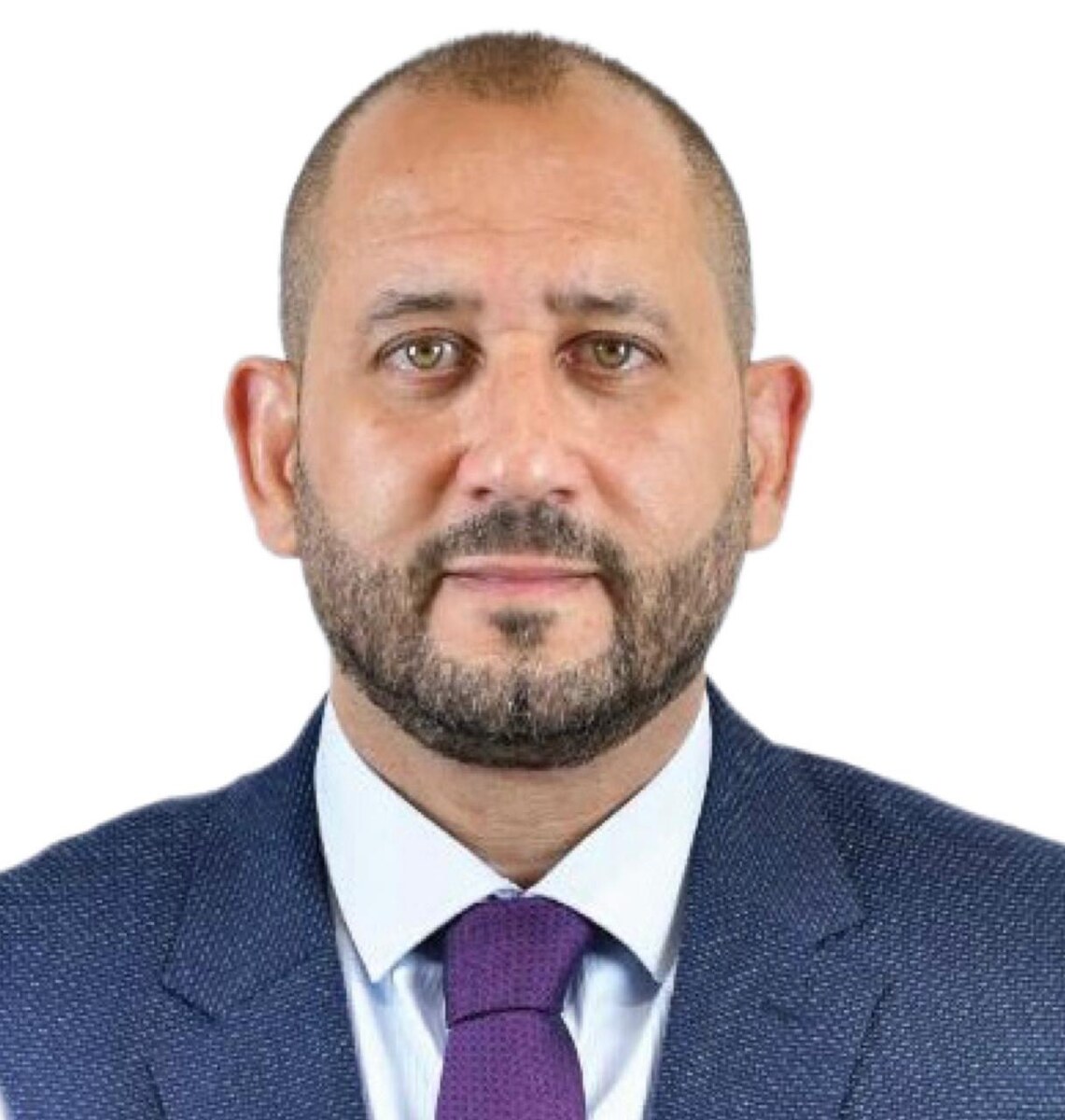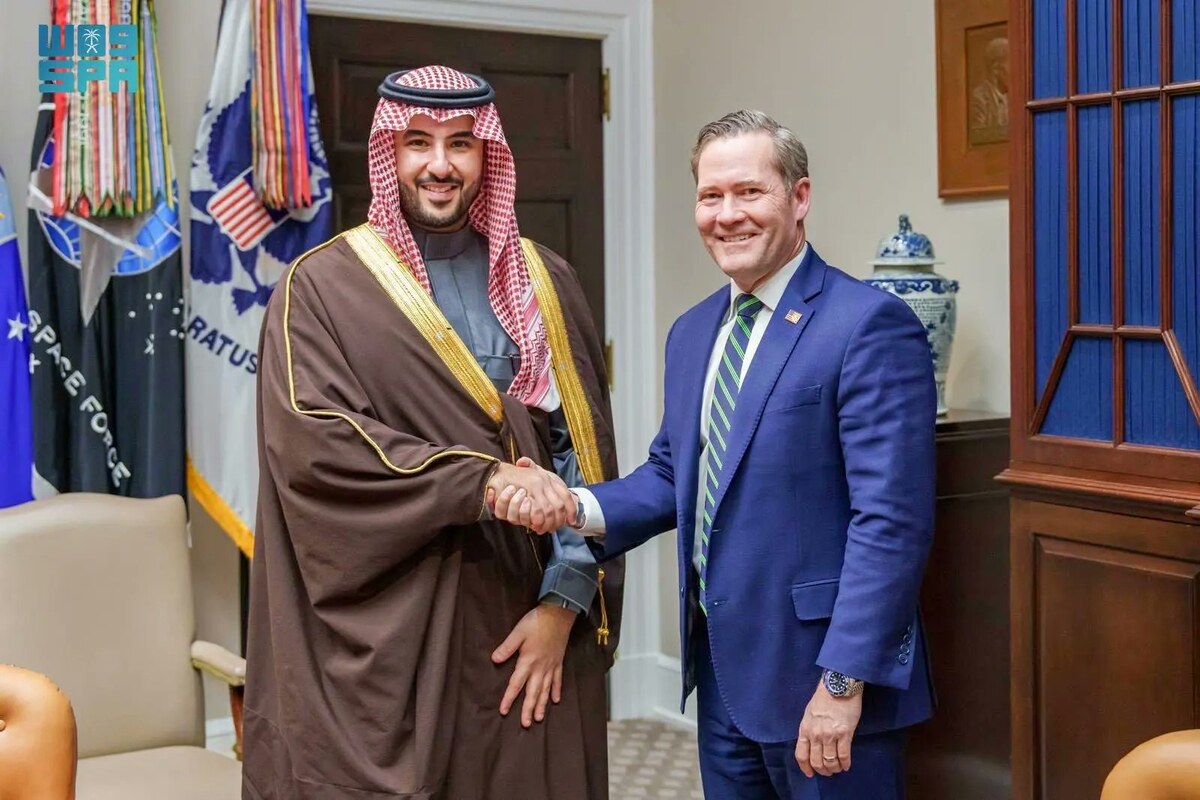MAKKAH: Participants at the Makkah Halal Forum have been exchanging ideas, including on new technologies, to boost the global industry and strengthen Saudi Arabia’s position in this sector.
The event, which opened on Feb. 25 and ends on Thursday, is being held at the Makkah Chamber of Commerce Exhibition and Events Center under the theme “Sustainable Development Through Halal.”
The event brings together leaders in the sector from across the world to discuss innovations, best practices, and sustainability.
The event focuses on addressing challenges and shaping the future of the halal industry, with companies from 150 countries forming strategic partnerships to expand halal trade and support emerging businesses.
The global halal market is projected to reach $7.7 trillion by 2025, with the halal food and beverage sector contributing $3.3 trillion.
By 2034, the global halal market is expected to grow to $9.45 trillion, at an annual rate of 12.42 percent, according to the Saudi Press Agency.
Zulfiqar Hamadani, CEO of Tanmiah Food Co., emphasized the rapid growth of the halal food industry in global markets, citing increasing consumer awareness and demand for sustainable, healthier food options.
Speaking on the evolving perception of halal products, Hamadani highlighted key challenges and opportunities for the industry.
“Halal is the fastest-growing protein type in the global market,” he said.
“There are challenges to overcome, but consumers in the West and non-Muslim-majority countries are already recognizing that halal is more sustainable and healthier.”
One of the primary reasons, Hamadani explained, is the halal slaughtering process, which ensures the complete drainage of blood from the animal, reducing the risk of diseases, particularly zoonotic ones.
However, he stressed that halal is more than just the method of slaughter.
Hamadani called for the strengthening of the certification process to enhance consumer trust and ensure consistency in halal standards worldwide.
“Certification is the first thing we need to achieve,” he said, urging industry leaders to work on standardizing regulations.
He also emphasized the importance of research and development to modernize halal food offerings. Traditionally, halal has been associated primarily with slaughtering methods.
But he pointed out that it extends to every aspect of food production — from farm to fork. This includes Shariah-compliant financing, ethical animal treatment, and sustainable agricultural practices.
Igor Marti, vice president of halal markets at BRF Foods, shared his insights on how the halal industry can adapt to evolving consumer demands, stating: “In today’s fast-paced world, consumers seek convenience without compromising on health and transparency.”
“Ninety-eight percent of all the energy we have consumed at BRF Foods came from renewable sources,” Marti added.
Irwandi Jaswir, deputy dean of the International Institute for Halal Research and Training at the International Islamic University Malaysia, underscored the critical role of innovation and research in unifying halal standards, promoting sustainability, and ensuring ethical compliance in the global market.
Speaking at the first panel session, “Industry Innovation for Sustainable Halal Food and Beverage,” Irwandi emphasized the need for collaborative efforts and cutting-edge solutions to address the evolving challenges in the halal food and beverage sector.
Yousef Khalawi, secretary-general of the Islamic Chamber of Commerce and Development, highlighted the need for robust control and accreditation mechanisms to ensure the safety and quality of halal products.
He emphasized that while everything is considered halal in Muslim countries by default, the complexities of modern life — particularly the importation of food products — require thorough verification of ingredients such as flavors, colors, and stabilizers used in food manufacturing.
During the second panel discussion, Dino Selimovic, adviser to the minister of foreign affairs of Bosnia and Herzegovina, emphasized Europe’s cultural, ethnic, and religious diversity and highlighted the nation’s role in introducing the halal lifestyle to the region.
He noted the growing presence of halal-certified products and services, stating that the country now has over 10,000.
Iqbal Sacranie, chairman of the Muslim Trade Forum UK, highlighted the rapid growth of the halal economy in the UK and across Europe.
Despite Muslims comprising only about 6 percent of the UK population — around 4 to 5 million people — Sacranie noted that the expansion is also driven by ethical considerations, with many non-Muslims increasingly engaging in sectors such as Shariah-compliant finance.































